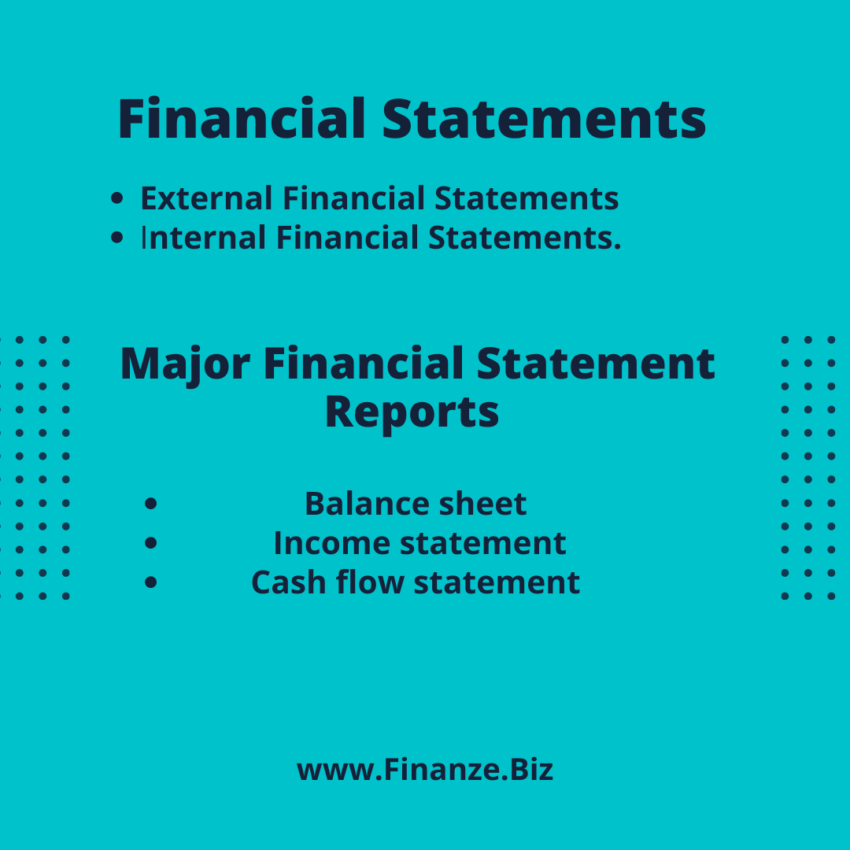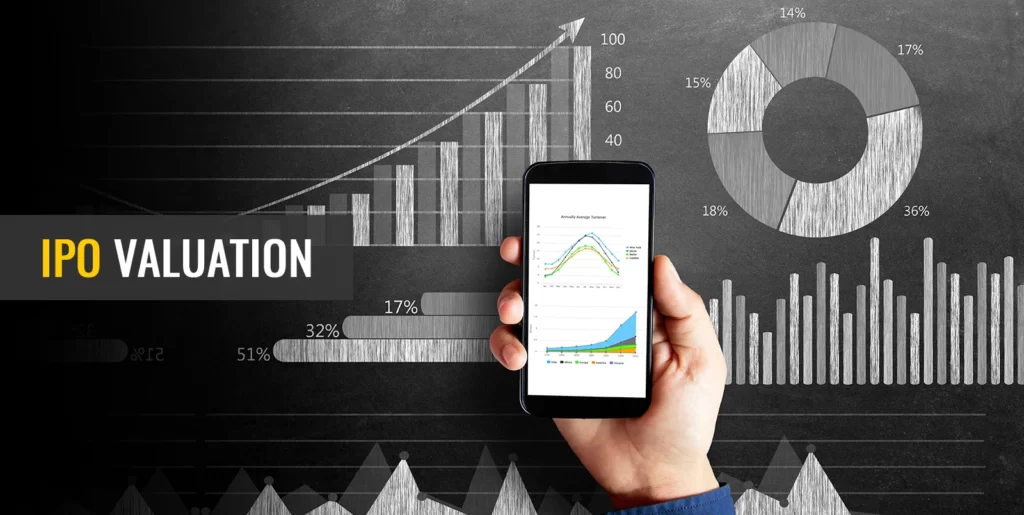Table of Contents
Introduction
To Understand what role is played by Artificial Intelligence in Investment banking. We need to first understand what Investment Banking is comprised off. And what is Artificial Intelligence(AI) in general used for to get proper understanding. And then only we will be able to fully understand how AI is reforming Investment banking to reach better investment decisions which leads to higher potential of profit generation.
Table of Contents
- Investment Banking
- Artificial Intelligence (AI)
- Analysis of Large financial data
- Merger & Acquisition
- Quantitative Trading
- Regulatory and Statutory requirements
- Valuation for Initial Public Offerings (IPOs)
- Conclusion
Investment Banking
It basically is a field of finance where banks deal with mergers & acquisitions, raising debt through a private medium like hedge funds, venture capitalists,s or through public roots mainly IPOs, broker trade for public and private institutions. It also deals by advising its clients like large private or government institutes on various investment opportunities where they can have better returns on their investment.
- Investment banking was legally separated from regular commercial banks in the US from 1933 to 1999 when the Glass Stegall act was repealed. This allowed the banks to have separate commercial and investment banking divisions.
Artificial Intelligence (AI)
It’s basically a set of computer programs or algorithms which analyze a large set of past data and arrive at a decision that is humanly impossible. These models compile understand and model their decisions on those large data sets and provide valuable information to their users. Users with actionable insight given to it through AI models are able to take better decisions for their problems based on AI analysis.
With insights into both Investment Banking and AI now we will see how AI is helping in Investment banking.
Analysis of Large financial data

For any financial analyst to understand huge volumes of past financial data is quite a challenging task. It may require a large number of financial analysts working simultaneously to cover a large set of data.
Still, there is a possibility of vital information being missed or duplication of work in the team employed in the study. Here machine learning models (ML) or AI models help to understand these large volumes of financial data and bring actionable insights out of them.
These insights are quite helpful for financial analysts at Investment banking divisions to understand and find out grey areas to work on it to reform the financial structure of the company or clients who employed them.
Merger & Acquisition
AI models help investment banks to guide their clients about the opportunity for any merger or acquisition they may come across. These models are able to analyze the potential risk of any of these moves. With the help of AI models, Investment banks are able to find out opportunities or threats related to any investment a client wants to make to expand its business.
With aid of technology, a merger can be evaluated on parameters of the market scope in terms of size, valuation of the investment, and return on investment in the foreseeable future.
Many times, the potential target for acquisition is able to forge their real data of financial well-being which is difficult to find out manually. Any anomalies in past financial data analysis are easily picked up by machine learning models to warn the potential risk of investment for merger or acquisition and decide whether it is going to benefit or not.
Decision-based on sound analysis of the financial strength of a target company by the client for the merger of its business or its acquisition is thus assisted by Investment bankers using these AI models

Quantitative Trading
AI models are used to analyze a large number of stocks, ETFs, commodities, etc listed in the market to understand and find the opportunity for value investment with a higher probability of success in the future.
With the advent of multicultural businesses often companies have a presence in various geographies of the world. Thus, to gauge information from various resources across the globe in real-time on various asset classes such as currency, equity market, commodities sector, and the geopolitical situation. Investment firms are required to be one step ahead to provide actionable intelligence to their clients to capture market opportunity before others are able to act upon it.

Quantitative trading is thus becoming the dominant force in the financial market which are able to understand both structured data and unstructured data. This data form is coming through traditional sources of information like cash flows, expansions of business by companies, and untraditional such as Twitter, Reddit, etc.
Understanding such complex forms of data in the almost real-time situation and giving insight to the trading desk of investment banks to take trade before others.
These quantitative trades or algorithmic trades taken through ML or AI models are responsible for minting huge profits for their respective investment banks.
Regulatory and Statutory requirements
AI and ML models are helping firms to keep up with the stringent requirements of regulatory agencies such SEC or other international financial trade monitoring agencies.
AI models help firms to keep up-to-date with the statutory requirements of firms, file their returns on time, disclosing vital information such as changes in management, investment decisions, etc to statuary agencies in real-time. Resulting in protecting its clients against violation of norms which can incur huge penalties or debarring them to participate in the financial market.
Many times, these AI models are able to forecast future implications of certain decisions that clients are going to take in their business. These could result in a violation of fair practice of maintaining financial strength.
As markets and operators are becoming smarter their regulatory and statutory requirements will keep increasing to maintain their risk within the permissible limits. Thus, AI models are becoming an asset for financial regulatory personnel to keep their firms up-to-date with the law of the land where it operates their businesses.

Valuation for Initial Public Offerings (IPOs)

AI models are employed by the investment banking industry to come out with fair price value for their client’s equity.
Deciding at what price the company’s share is going to be listed in the public market arrives through the assistance of AI models which analyze the market size in which it is present. This analysis includes the number of competitors it’s going to face, the financial prudence of its operations, and the liabilities the client is having.
Various geographical locations business is present, the number of people employed, attrition rate it is facing, rules and regulations, supplier base it has to face and maintain around the world for its operations, etc.
Analyzing all these parameters simultaneously through AI models, Investment banks are able to arrive at fair price valuations for clients’ equity. Often, these prices are multiples of its POE ratio (price to earnings ratio), ensuring that the price of equity is not exorbitant and make it less attractive for public markets.
The right price of equity often decides whether the decision taken by the company to go public is successful or not. As the market is the ultimate teacher who doesn’t forgive a mistake. One wrong move and your stock and in turn company valuation can crash in minutes to make one rag from the riches it holds.
Conclusion
As AI and ML models are becoming more efficient and smarter through continuous improvement in the data sets on which they are trained by providing more crisp and precise input information to them. These models are helping the Investment banking industry to take advantage for their clients in returning higher returns of profits to them on their investments. These profits can not only be in terms of revenue increase but also in terms of increasing the market share for their clients in their domain of business operations and also increasing their valuations. You would also want to know how AI is playing a role in the finance industry.


Pingback: Artificial Intelligence in Navigation - Techaninfo
Pingback: Role of Artificial Intelligence in Finance - Techaninfo
Hi there just wanted to give you a brief heads up and let you know a few of the pictures aren’t loading properly.
I’m not sure why but I think its a linking issue.
I’ve tried it in two different browsers and both show the same results.
Hi,
Sure will check issues and correct them. Hope you like information.
thanks